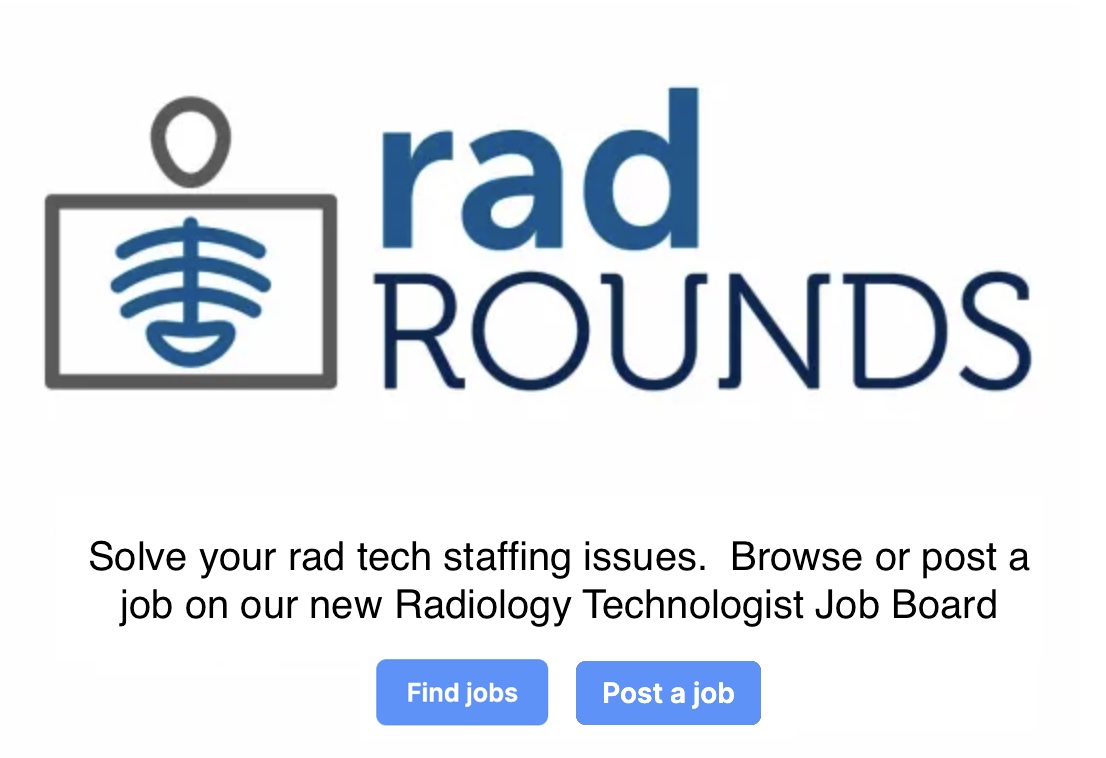(DIAGNOSTIC IMAGING) – COVID-19 can result in cardiac complications including myocarditis, arterial and venous thromboembolism, and cardiomyopathy.
A presentation given at the Radiological Society of North America (RSNA) Annual Meeting on November 28th covered the cardiovascular imaging manifestations of COVID-19.
“SARS-CoV-2 is a novel coronavirus which primarily affects the respiratory system, but has also been shown to impact other systems, especially with the hypercoagulable state,” said Margaret Revzon, M.D., an associate professor of radiology and biomedical imaging at Yale School of Medicine, in New Haven, Conn. “The hypercoagulable state and resulted vascular complications are not uncommon in patients with COVID-19.”
COVID-19 can result in cardiac complications including myocarditis, arterial and venous thromboembolism, and cardiomyopathy. While ultrasound is the first imaging choice for these patients, computerized tomography (CT) can be selected, but clinicians must note that the COVID-19 patient is often in the prone position. Magnetic resonance imaging (MRI) can be used for complex cases. Dr. Revzon highlighted that awareness and recognition of imaging manifestations of COVID-19 induced thromboembolic complications will ensure optimal treatment for these patients.
Please visit Diagnostic Imaging here to read more













